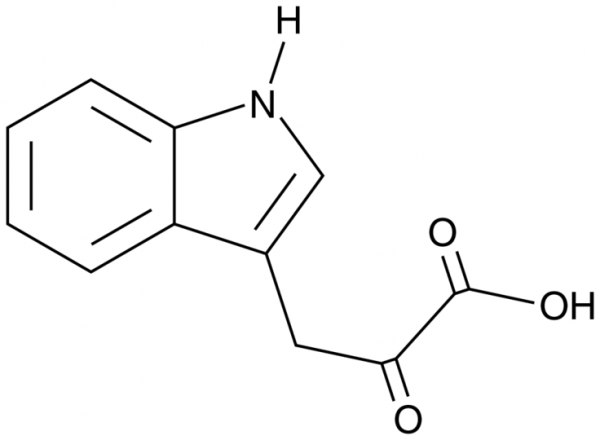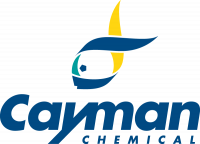Cookie preferences
This website uses cookies, which are necessary for the technical operation of the website and are always set. Other cookies, which increase the comfort when using this website, are used for direct advertising or to facilitate interaction with other websites and social networks, are only set with your consent.
Configuration
Technically required
These cookies are necessary for the basic functions of the shop.
"Allow all cookies" cookie
"Decline all cookies" cookie
CSRF token
Cookie preferences
Currency change
Customer-specific caching
FACT-Finder tracking
Individual prices
Selected shop
Session
Comfort functions
These cookies are used to make the shopping experience even more appealing, for example for the recognition of the visitor.
Note
Show the facebook fanpage in the right blod sidebar
Statistics & Tracking
Affiliate program
Conversion and usertracking via Google Tag Manager
Track device being used

If you have any questions, please use our Contact Form.
You can also order by e-mail: info@biomol.com
Larger quantity required? Request bulk
You can also order by e-mail: info@biomol.com
Larger quantity required? Request bulk
Indole-3-pyruvic acid is an endogenous metabolite of tryptophan and intermediate in the... more
Product information "Indole-3-pyruvic Acid"
Indole-3-pyruvic acid is an endogenous metabolite of tryptophan and intermediate in the biosynthesis of the major auxin hormone, indole-3-acetic acid (IAA, Cay-16954), in plants. Indole-3-pyruvic acid (50 and 250 µM) activates the aryl hydrocarbon receptor (AhR) in a reporter assay. It reduces UVB-induced cytotoxicity and the levels of COX-2 in HaCaT keratinocytes. Topical administration of indole-3-pyruvic acid (100 µmol) reduces the severity of UVB-induced damage in mouse skin. Dietary administration of indole-3-pyruvic acid (0.1%) reduces diarrhea, colonic inflammation, and the colonic expression of Il1b, Ifng, Tnfa, and Il12b in a mouse model of T cell-mediated colitis. It increases the time spent in the open arms of the elevated plus maze in mice when administered at a dose of 100 mg/kg. It also reverses the anxiogenic effect of caffeine (Cay-14118) and 3-hydroxy kynurenine, but not pentylenetetrazole (Cay-18682) or phenylethylamine, in the elevated plus maze in mice.Formal Name: alpha-oxo-1H-indole-3-propanoic acid. CAS Number: 392-12-1. Synonyms: Indole-3-pyruvate, IPA, IPyr, NSC 88874. Molecular Formula: C11H9NO3. Formula Weight: 203.2. Purity: >98%. Formulation: (Request formulation change), A crystalline solid. Solubility: DMF: 30 mg/ml, DMSO: 30 mg/ml, DMSO:PBS (pH 7.2) (1:6): 0.1 mg/ml. lambdamax: 233, 326 nm. SMILES: O=C(C(O)=O)CC1=CNC2=CC=CC=C21. InChi Code: InChI=1S/C11H9NO3/c13-10(11(14)15)5-7-6-12-9-4-2-1-3-8(7)9/h1-4,6,12H,5H2,(H,14,15). InChi Key: RSTKLPZEZYGQPY-UHFFFAOYSA-N. Origin: Synthetic.
| Keywords: | Indole-3-pyruvate, IPA, IPyr, NSC 88874, alpha-oxo-1H-indole-3-propanoic acid |
| Supplier: | Cayman Chemical |
| Supplier-Nr: | 29876 |
Properties
| Application: | Endogenous tryptophan metabolite, auxin biosynthesis intermediate |
| MW: | 203.2 D |
| Formula: | C11H9NO3 |
| Purity: | >98% |
| Format: | Crystalline Solid |
Database Information
| CAS : | 392-12-1| Matching products |
Handling & Safety
| Storage: | -20°C |
| Shipping: | +20°C (International: -20°C) |
| Signal Word: | Warning |
| GHS Hazard Pictograms: |
|
| H Phrases: | H315, H319, H335 |
| P Phrases: | P261, P264, P271, P280, P312, P321, P302+P352, P304+P340, P305+P351+P338, P332+P313, P337+P313, P362+P364, P405, P403+P233, P501 |
Caution
Our products are for laboratory research use only: Not for administration to humans!
Our products are for laboratory research use only: Not for administration to humans!
Information about the product reference will follow.
more
You will get a certificate here
Viewed

